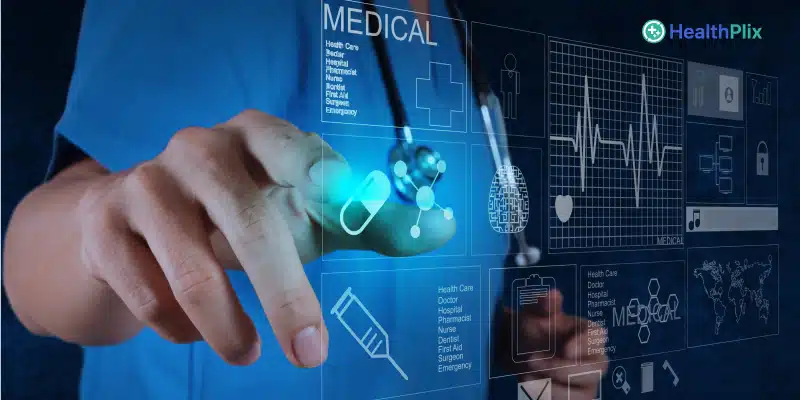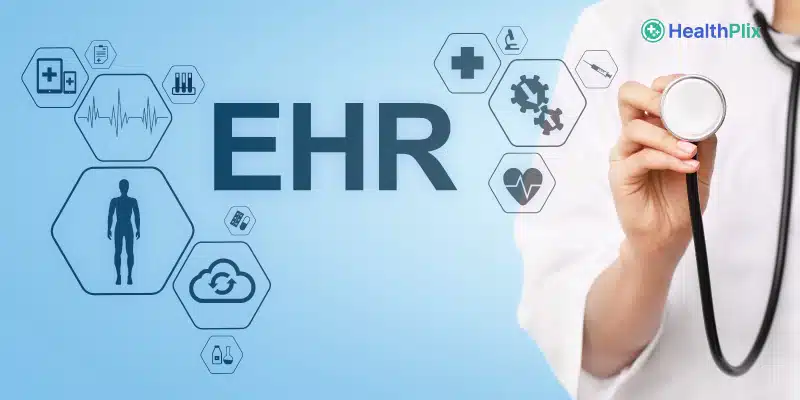EHR and EMR are similar applications with different capabilities. While EMRs are digital versions of paper charts that are concentrated on medical diagnosis and treatment. EHR refers to a patient’s all-around health status, not just medical inquiries revealed by diagnosis and lab test results.
Further, information in EMR doesn’t travel easily out of your healthcare facility. The patient’s record might even have to be printed and provided to other members of the healthcare team or medical practitioners beyond your healthcare facility. In that respect, EMRs are not more useful than paper-based records.
Whereas EHR can be shared with other healthcare providers, such as labs and practitioners. EHR contains information from all the medical practitioners involved in the patient’s care. Hence, using an EHR enhances the quality of healthcare treatment and patient fulfillment, whereas using an EMR may only do the former.
Therefore, using efficient EHR software that has been accredited is a smart pick if your healthcare practice has to convey information to other medical practitioners routinely. For instance, it is very useful for every patient to have EHR if your medical practice frequently advises patients for tests or consultations with practitioners outside of your healthcare facility.
On the other hand, if your practice is independent and only devoted to treating a certain medical situation, an EMR might be a straightforward and reasonable addition to the array of information systems you now use to manage your practice.
The End Note
Picking healthcare software is challenging and time-consuming. However, getting recommendations from those who will directly use the software is a great method to decide which software between EHR and EMR you’ll need. It’s important to consider your healthcare facility’s exact purposes and needs.
To know more about EHR and EMR software for your clinic, get in touch with HealthPlix. We provide digital tools to practice online and improve patient outcomes and are trusted by 10000+ medics across 16 specialties. Our assistive artificial intelligence-powered EMR and EHR software can help you prepare prescriptions quickly and in various languages.


